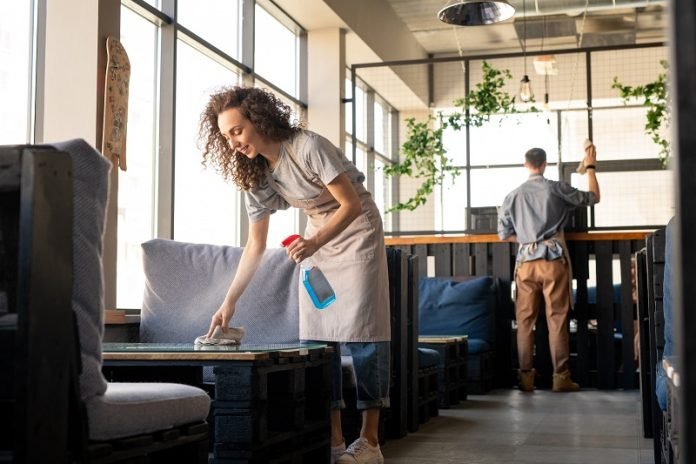
Did you know that some people who had COVID-19 now have trouble smelling things? This is part of what’s called “long COVID”.
A group of scientists at UCL (University College London) decided to learn more about this. They used a big machine called an MRI scanner to look at people’s brain activity.
How the Study Worked
They compared three groups of people. The first group had long COVID and had lost their sense of smell.
The second group had had COVID-19 but their sense of smell was back to normal. The third group had never had COVID-19.
What Did They Find?
The study showed that the people with long COVID who had lost their sense of smell had less activity in certain parts of their brains. These areas are important for processing smells.
This didn’t happen in the people who had gotten their sense of smell back after having COVID-19.
Why Does this Happen?
Scientists think this loss of smell, called anosmia, happens because there’s a change in the brain that stops smells from being processed properly.
But there’s some good news. Some people can recover their sense of smell. This might be because we can retrain our brains.
What the Scientists Said
Dr. Jed Wingrove, who led the study, said that losing your sense of smell can really impact your life.
But his study showed that for most people who get their sense of smell back, there’s no permanent change to brain activity.
Professor Claudia Wheeler-Kingshott, another scientist involved, suggested that training our brains to process different scents might help people with long COVID recover their sense of smell.
What Does This Mean?
This study is important because it helps us understand more about long COVID. It tells us that the brain might be trying to make up for the loss of smell by boosting connections with other sensory regions.
The scientists found increased activity between the parts of the brain that process smell and the parts that process sight.
So, while the parts of the brain that normally process smell are still there, they’re just working differently.
This is the first study that has looked at how brain activity changes in people with long COVID smell loss. It builds on previous work that linked COVID-19 with loss of smell and taste.
If you care about long covid, please read studies about how to prevent or treat lung damage in long COVID, and why people with long COVID have “brain fog”.
For more information about wellness, please see recent studies that Krill oil could improve muscle health in older people, and eating yogurt linked to lower frailty in older people.
The study was published in eClinicalMedicine.
Copyright © 2023 Knowridge Science Report. All rights reserved.



